
CULTIVATIONS
19-05-2021 by Leni Frau
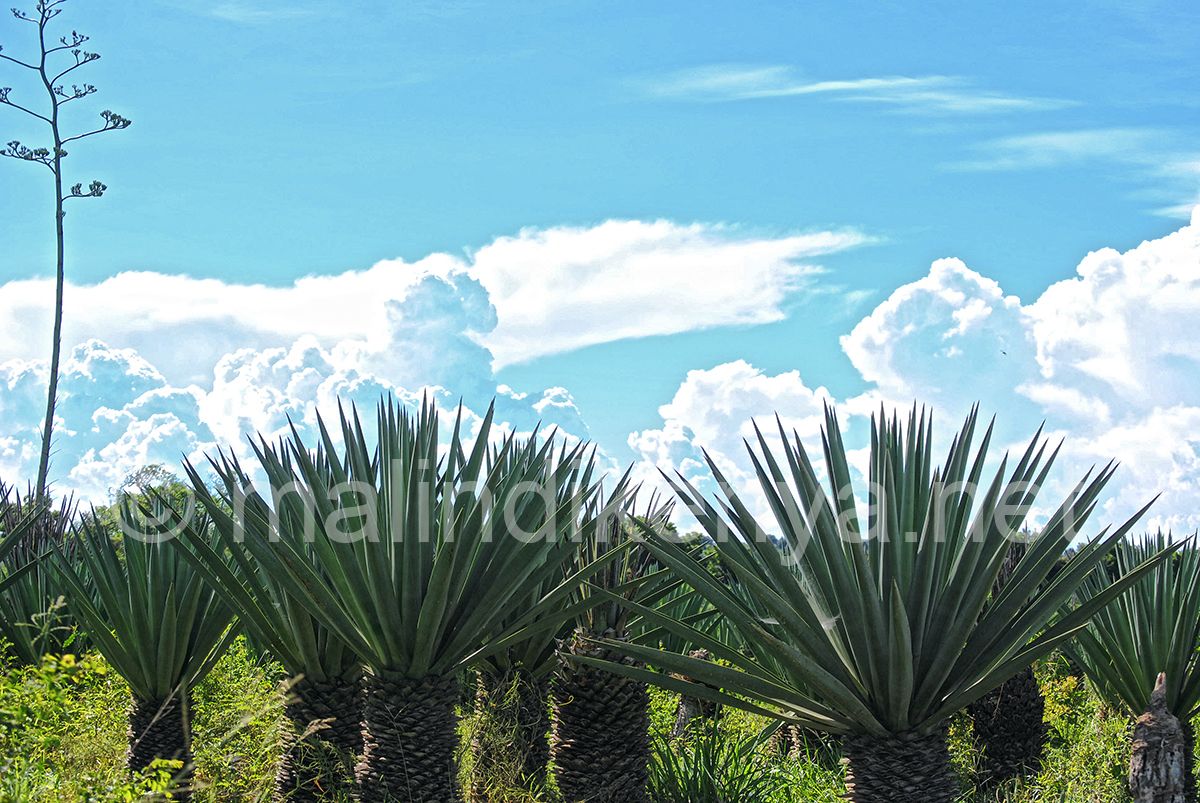
Agave is a plant belonging to the Agavaceae family; there are more than 300 species, all native to Central America. The most common and widespread species in Kenya is the Agave Sisaliana. The generic name derives from the Greek "agaue" which means noble, splendid, while the specific name comes from Sisal, a port city in Yucatan from which the fibre obtained from its leaves was exported.
It is a monocarpic perennial plant, i.e. it only flowers once in its life and then dies. However, a long time must pass before the Agave flowers, because it has to reach maturity: depending on the different species and their vegetative conditions, this period can vary from 3 to even 50 years.
The Agave is characterised by its fleshy, elongated leaves, edged with thorns and arranged in a rosette that can be up to two and a half metres long and about thirty centimetres wide. Its leaves are used to make the hard-wearing sisal fibre which is widely used throughout the world. Drinks such as tequila, pulque and mezcal can also be made from the plant. Since prehistoric times, man has used its natural fibre first to make ropes and then for handicrafts. It first spread to Mexico and then to Brazil, now the main exporter of sisal, and later to East Africa, especially Kenya and Tanzania.
In recent years interest in this fibre has grown considerably because of its environmental sustainability, a characteristic for which it is progressively replacing some plastics and glass fibre.
The main cultivations are found in Brazil, China, Cuba, Kenya, Haiti, Madagascar and Mexico. In Kenya, sisal is the sixth most important commercial crop after tea, coffee, sugar, pyrethrum and cotton. The sisal growing and processing industry in Kenya can be traced back to 1914, when the first plantation was established in Thika.
Sisal cultivation is mainly done on a large scale in the coastal region with a total of five plantations including Vipingo, Kilifi and Kwale.
In addition to the fibre, which constitutes 4% of the leaf of the Agave Sisaliana, the sisal industry generates a large amount of biomass commonly referred to as sisal waste.
This is also the case in Kilifi Plantation where, despite the fact that there is only one small producer, a high quality sisal is produced that is recognised worldwide.
The sisal fibre is extracted in a husking process, the leaves are often cut by hand and then transported to a central husking plant to be broken and crushed.
Then the raw fibre is thoroughly washed and hung to dry on long supports with taut ropes, brushed and packed largely for export. The sisal waste is used for the farm's biogas plant and is sometimes also used as cattle feed during the dry season.
This textile fibre, which is very rough to the touch, has a coarse weave and is a light ecru colour, but if left in the sun for a long time it can darken to almost brown. Thanks to its resistance, both to mechanical traction and to the weather, it is a very versatile fibre that is used in various fields such as the production of ropes and string, baskets and carpets and also brushes and sponges.
NEWS
by redazione
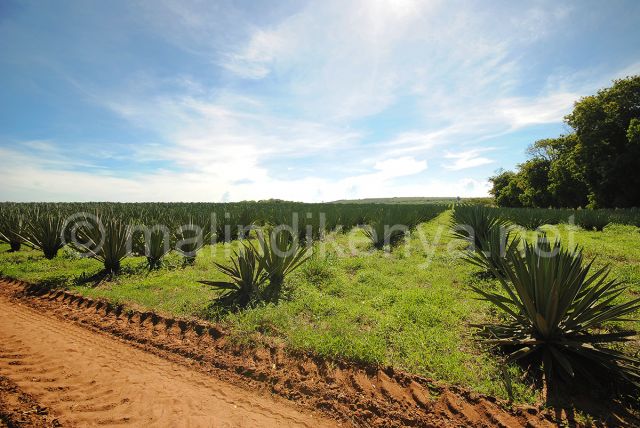
Kenya's sisal export earnings jumped six per cent in the first quarter of this year compared to the previous...
PLACES
by Freddie del Curatolo
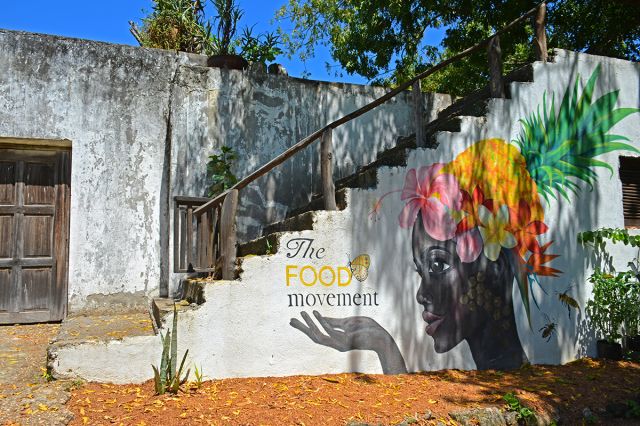
Until 30 years ago, Kilifi was the Happy Valley on the Kenyan coast.
Just...
NEWS
by redazione
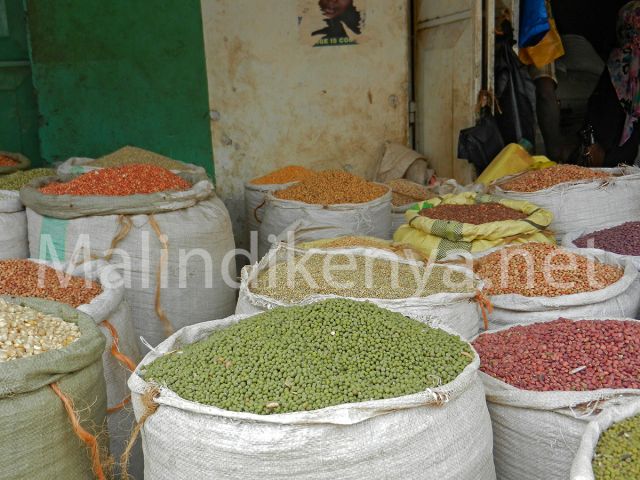
The Ministry of Trade and Industry of Kenya has decided to close all shops selling retail products or materials...
SHOPS
by redazione

A new shop in Malindi for four-legged friends in Malindi.
At Vera Cruz Complex in Lamu Road (opposite Malindi Complex) opened "Cat & Dog Food", an authorized retailer "Skinner's", an English leader in the production of dog food, offering a...
EVENTI
by redazione
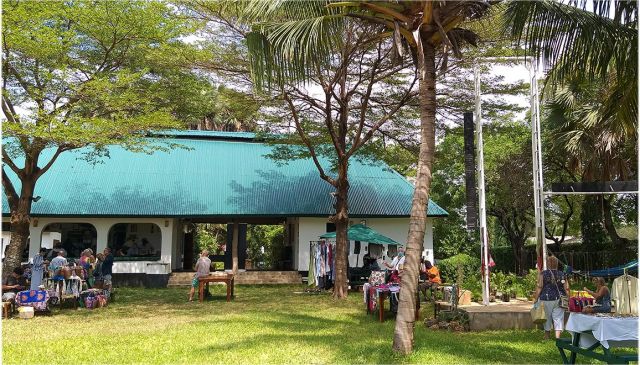
Saturday, December 4 at the Malindi Sea Fishing Club is staged the appointment with the Christmas market...
NEWS
by redazione
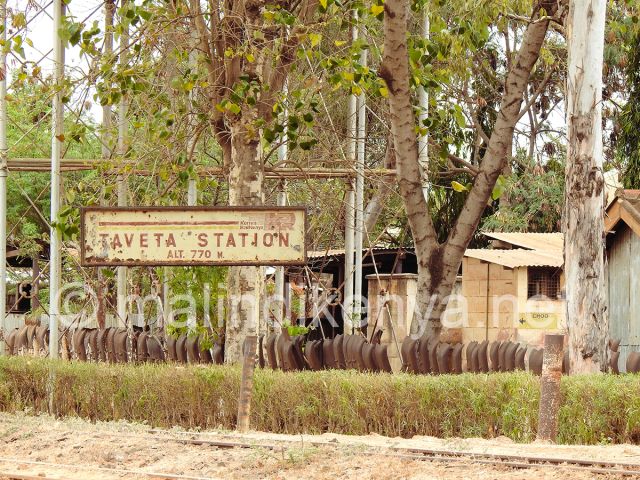
Work to rehabilitate the metric-gauge railway line from the town of Voi to the foothills of Kilimanjaro, or Taveta, Kenya's...
ACTIVITIES
by redazione
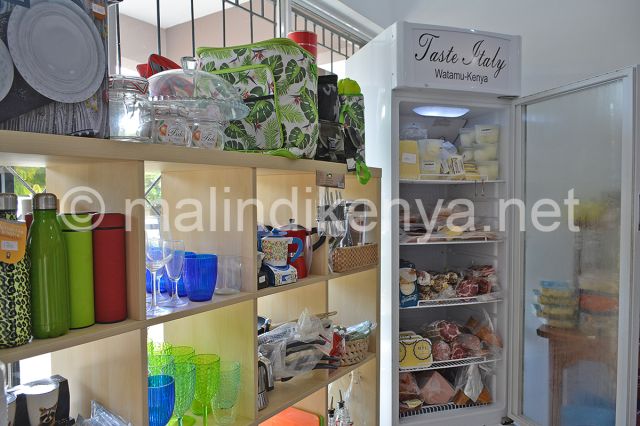
With the arrival of the season, the reopening of venues and resorts in Watamu, the wide selection of...
PLACES
by redazione
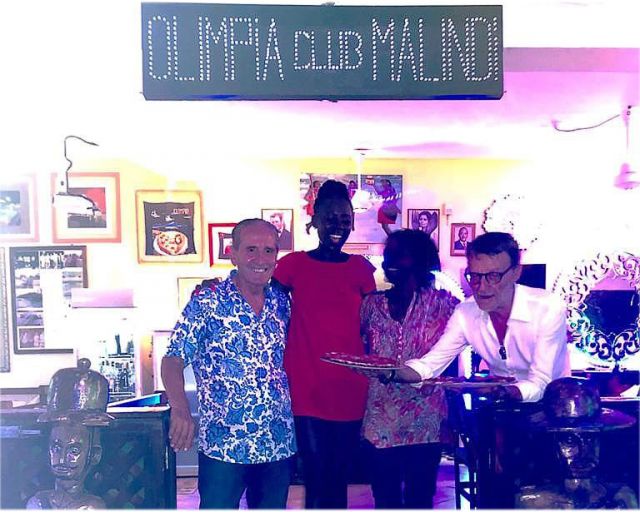
The weekend at the Olympia Club in Malindi is particularly lively and dinners with fresh imported Italian...
ITALIAN PRODUCTS
by redazione
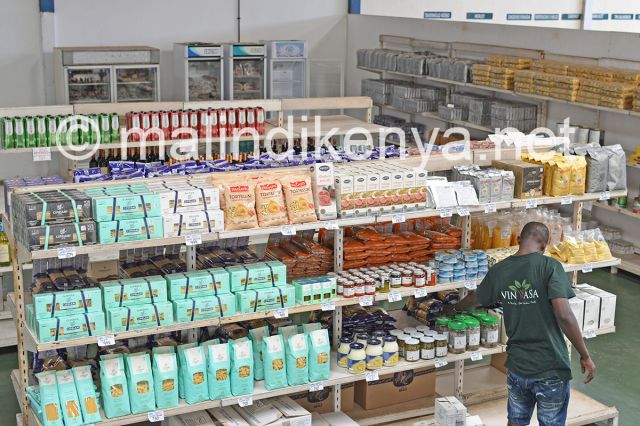
The import and retail sale of quality Italian products in Malindi and throughout Kenya is enriched...
NEWS
by redazione
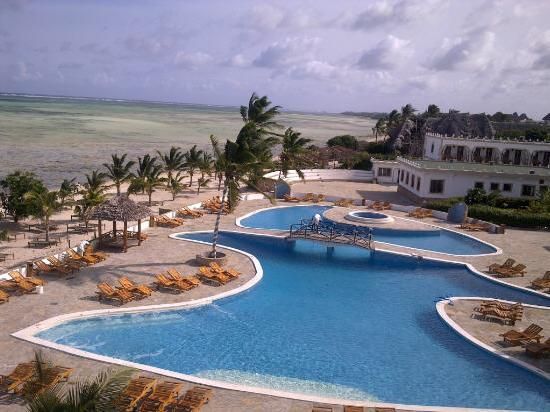
Three suppliers of products and services of an Italian tour operator in Watamu have approached...
NEWS
by redazione

New life for the old, mythical "tusker baridi sani"!
After the meeting between Diageo liquor multinationals boss and Vice President William Ruto, Kenya's government announced the construction of the largest brewery in Kenya and all over Kenya, East Africa, in...